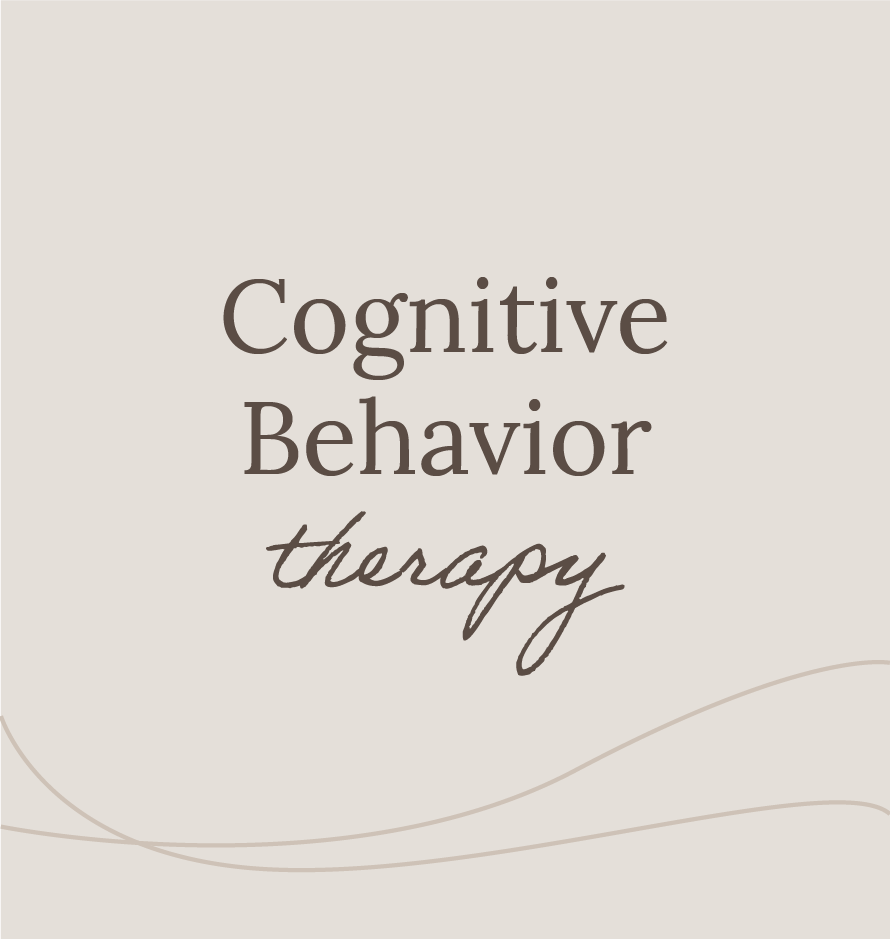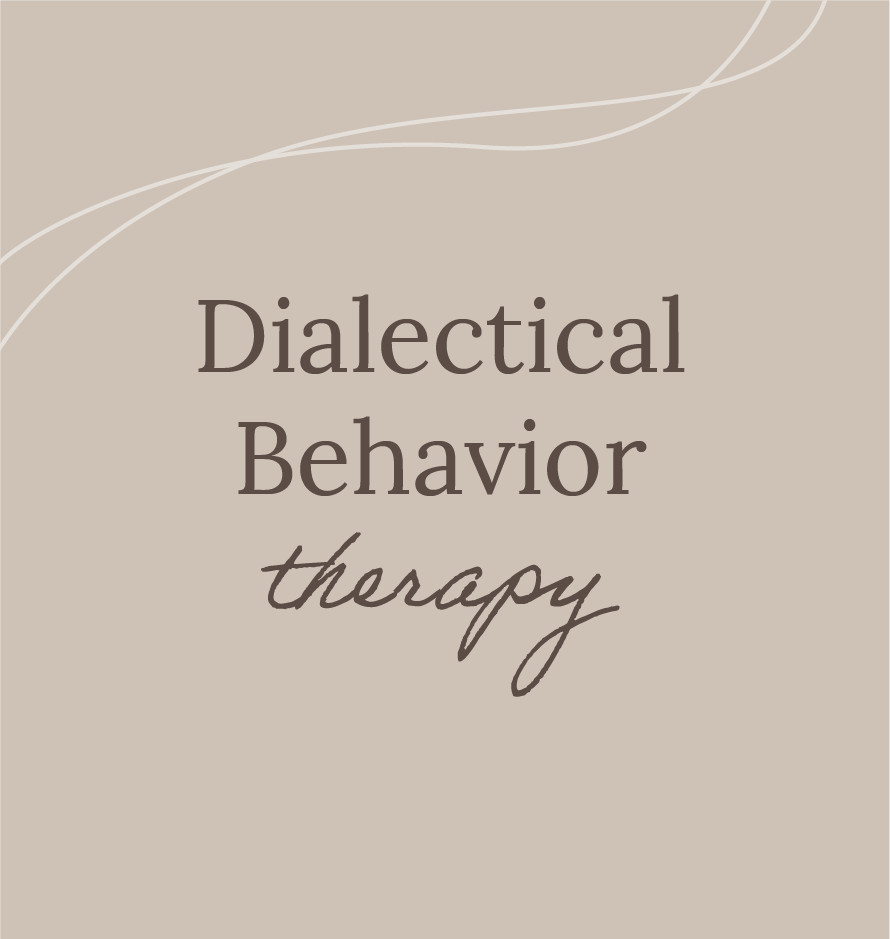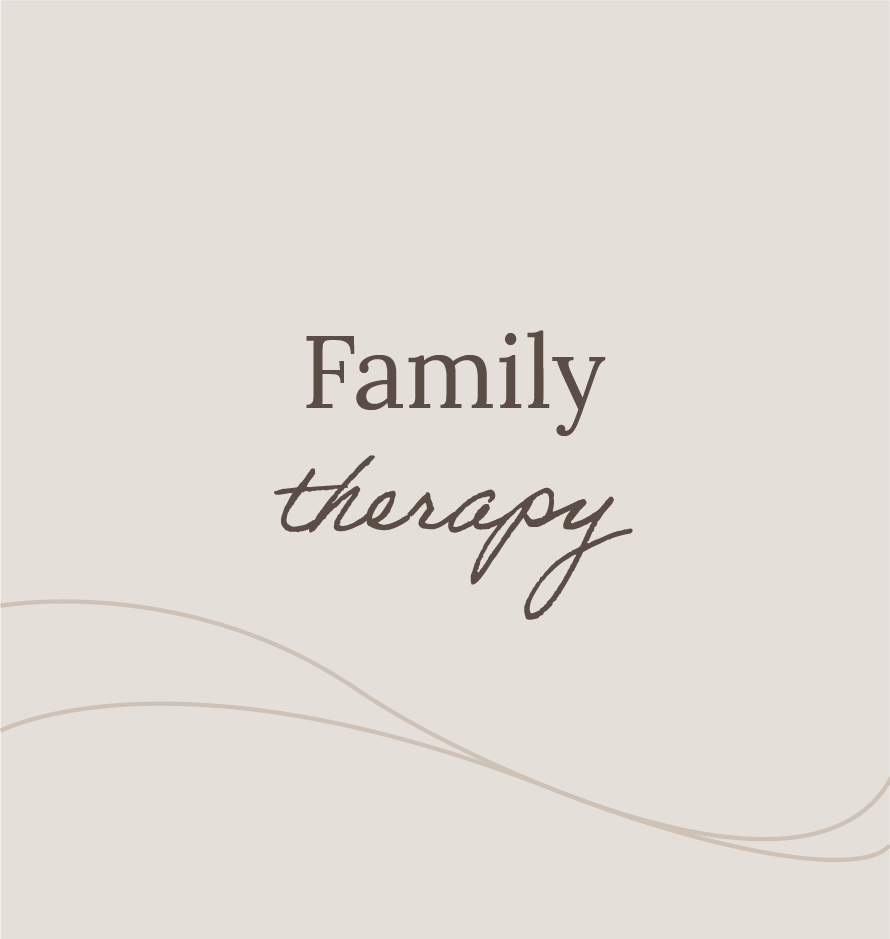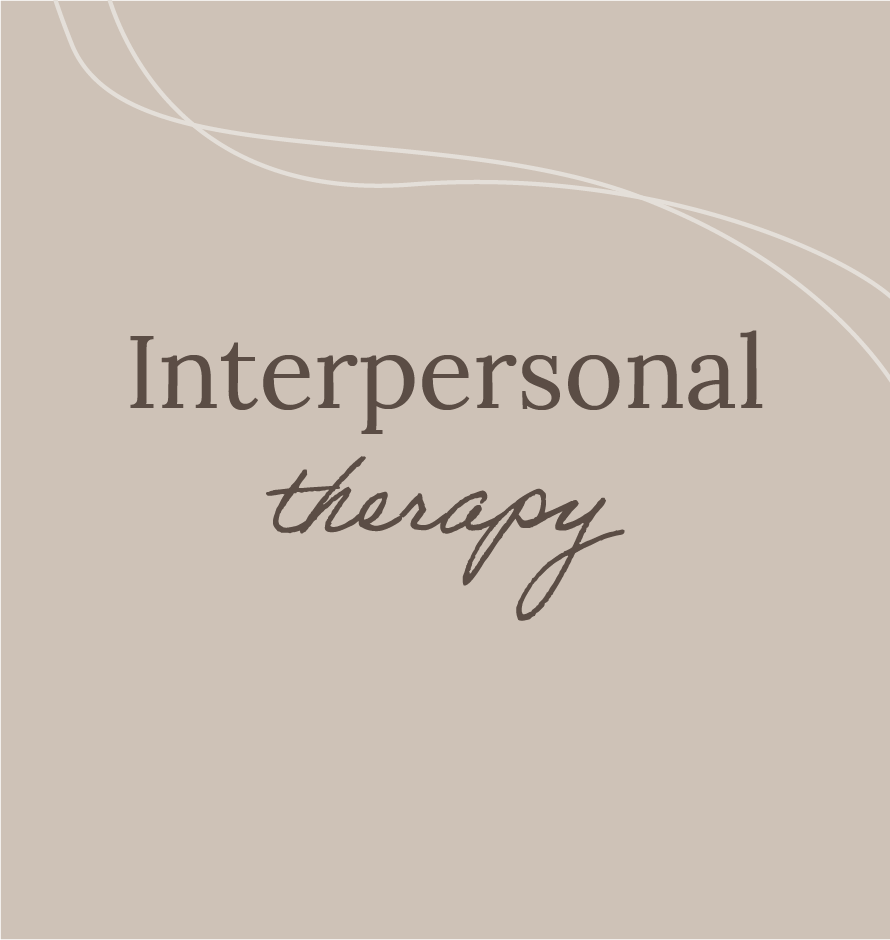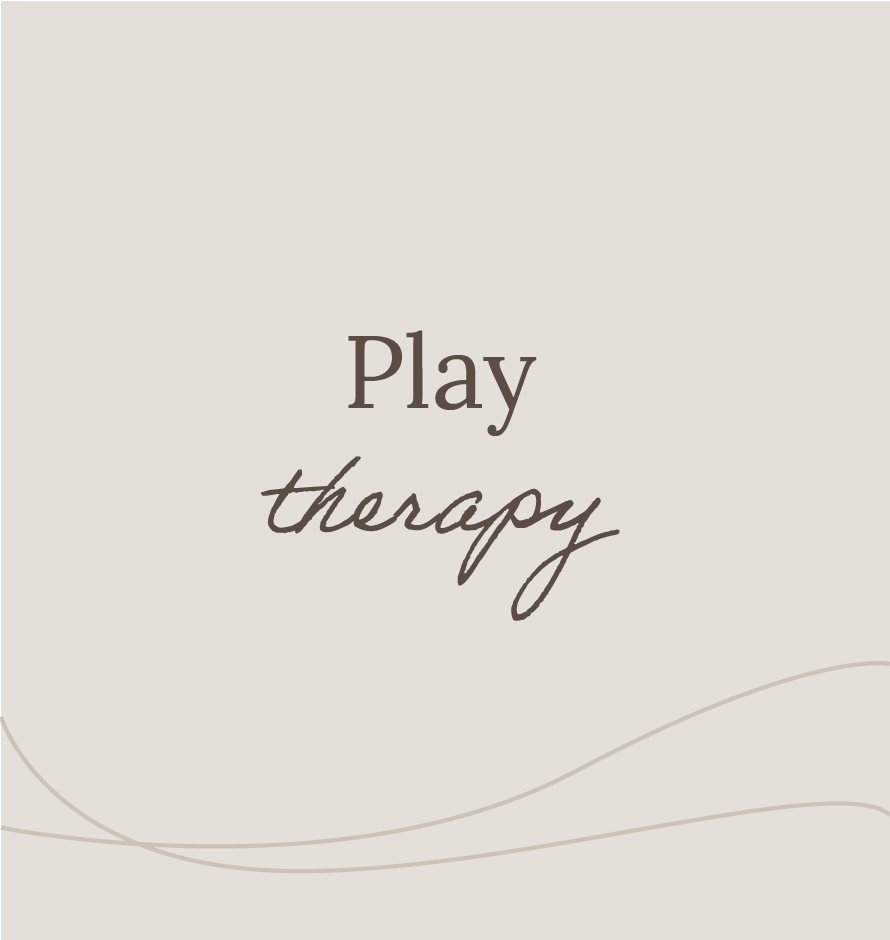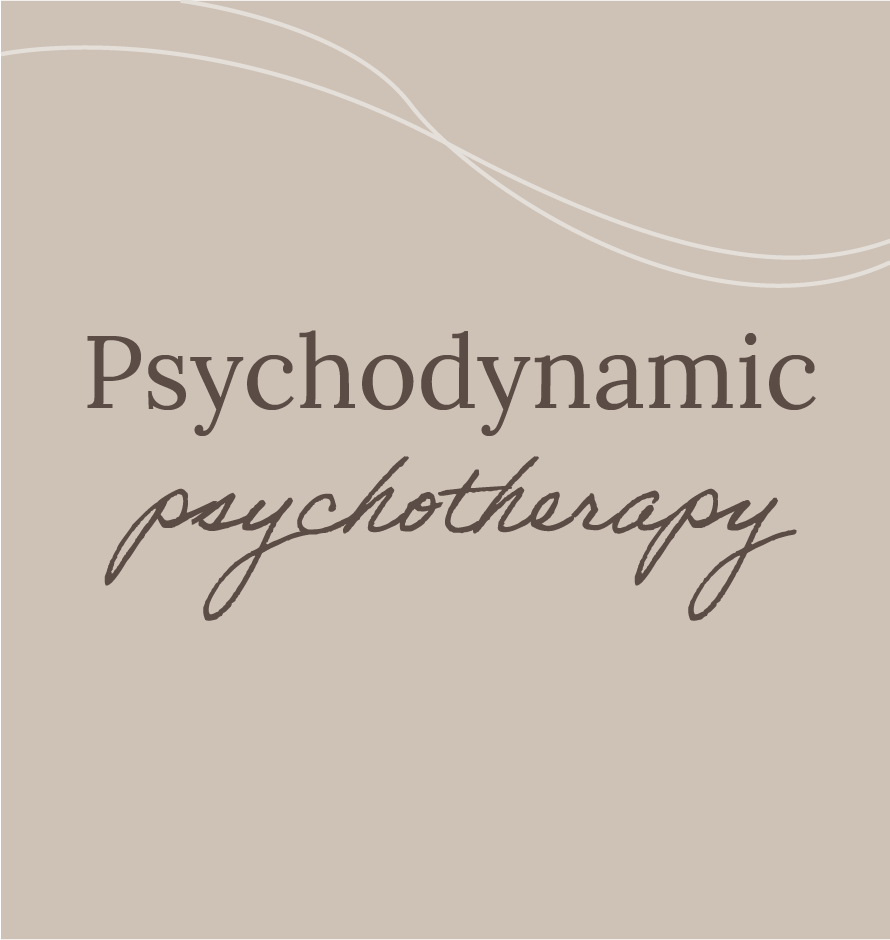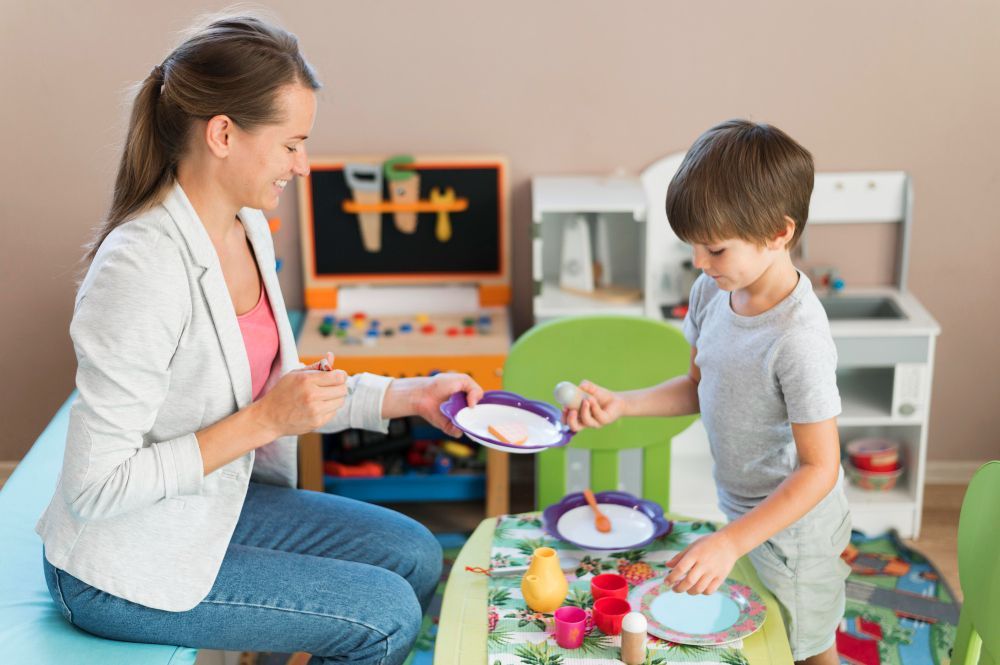Child & Teen Therapy
A safe space for children & teens
Children, just like adults, can participate in and benefit from counseling. Naperville Counseling can help children and adolescents learn how to identify causes of their distress, develop their skills in asking for help & expressing emotions, and improve their problem-solving abilities.
It can be overwhelming as a parent, guardian, or care-taker, to know how to help your child. You are not alone and hope can be found. At Fox Valley Institute we have several therapists on our team who specialize in child and teen-related issues.
Schedule a consultation with our child and teen therapy team today. Located conveniently in Naperville, IL, we're here to support your family's mental health journey.

We offer immediate scheduling for children & teens.
Our therapists understand that each child and family unit is unique, so therapy will be customized to best fit your needs. In addition, for your convenience we offer after school and weekend appointments.
Signs your child may benefit from seeing a psychologist or therapist
- developmental delay in speech, language, or toilet training
- learning or attention problems (such as ADHD)
- behavioral problems (such as excessive anger, acting out, bedwetting or eating disorders)
- a significant drop in grades, particularly if your child normally maintains high grades
- episodes of sadness, tearfulness, or depression
- social withdrawal or isolation
- being the victim of bullying or bullying other children
- decreased interest in previously enjoyed activities
- overly aggressive behavior (such as biting, kicking, or hitting)
- sudden changes in appetite (particularly in adolescents)
- insomnia or increased sleepiness
- excessive school absenteeism or tardiness
- mood swings (e.g., happy one minute, upset the next)
- development of, or an increase in physical complaints (such as headache, stomachache, or not feeling well) despite a normal physical exam by your doctor
- management of a serious, acute, or chronic illness
- signs of alcohol, drug, or other substance use (such as solvents or prescription drug abuse)
- problems in transitions (following separation, divorce, or relocation)
- bereavement issues
- custody evaluations
- therapy following sexual, physical, or emotional abuse or other traumatic events
Find a therapist
Visit our staff page and easily find a therapist that aligns with your unique needs and preferences.
How to prepare for your first visit
You may be concerned that your child will become upset when told of an upcoming visit with a therapist. Although this is sometimes the case, it’s essential to be honest about the session and why your child (or family) will be going. The issue will come up during the session, but it’s important for you to prepare your child for it.
If your child is 12 or under, the therapist will meet with you and/or your spouse alone first. The therapist will gather information necessary to understand the nature of the problem. Your therapist will most likely ask questions from very early on in your child/teen’s life, concerns for your child/teen, and attempts at helping your child.
It is often helpful to describe your therapist as a “feelings helper” to a young child. You may want to stress that this type of feelings helper talks and plays with kids and families to help them solve problems and feel better. Kids might feel reassured to learn that the therapist will be helping the parents and other family members too.
Older kids and teens may be reassured to hear that anything they say to the therapist is confidential and cannot be shared with anyone else, including parents or other doctors, without their permission — the exception is if they indicate that they’re having thoughts of suicide or otherwise hurting themselves or others.
Giving kids this kind of information before the first appointment can help set the tone, prevent your child from feeling singled out or isolated, and provide reassurance that the family will be working together on the problem.
Frequently asked questions
Don't see what you're looking for? Don't hesitate to contact us with any additional questions or concerns. We would love to connect with you.
Therapies for children & teens
Psychotherapy is a form of psychiatric treatment that involves therapeutic conversations and interactions between a therapist and a child or family. It can help children and families understand and resolve problems, modify behavior, and make positive changes in their lives. There are several types of psychotherapy that involve different approaches, techniques and interventions. At times, a combination of different psychotherapy approaches may be helpful. In some cases, a combination of medication with psychotherapy may be more effective.
What our patients say about us
See if we're in your network
Expert Child & Teen Therapy in Naperville
Finding the right teen therapist near you is crucial for your child's mental health journey. At Fox Valley Institute, our child psychologists and teen counseling experts provide specialized support in Naperville.
Professional Youth Counseling
Our licensed teen therapists understand adolescent challenges. We offer evidence-based therapy for teens that addresses:
- Anxiety and depression
- School-related stress
- Social challenges
- Family dynamics
- Self-esteem issues
Specialized Child Psychology Services
As experienced child psychologists in Naperville, we create safe spaces for young clients. Our child therapy programs help with:
- Behavioral concerns
- Emotional regulation
- Academic difficulties
- Social skills development
- Family relationships
Teen Counseling That Works
Our teen therapy approach combines professional expertise with genuine understanding. Fox Valley Institute's Naperville counseling services include:
- Individual teen sessions
- Family therapy integration
- School coordination when needed
- Parent guidance support
- Crisis intervention
Trusted Professional Support
Reviews of Fox Valley Institute for Growth and Wellness in Naperville highlight our commitment to youth mental health. Our counseling for professionals and coaches extends to helping adults who work with young people.

The FVI Graduate Intern Program
The Graduate Intern Program was created to provide our community and clients with an option to receive quality counseling at a reduced fee. Our team of talented graduate interns will provide our clients with the necessary tools to cope, manage, and conquer the many challenges that life often brings.
Helpful resources
Get in touch
As experienced, licensed and professional therapists, our goal is to help you resolve your challenges. Our door is always open to help you through any crisis.

